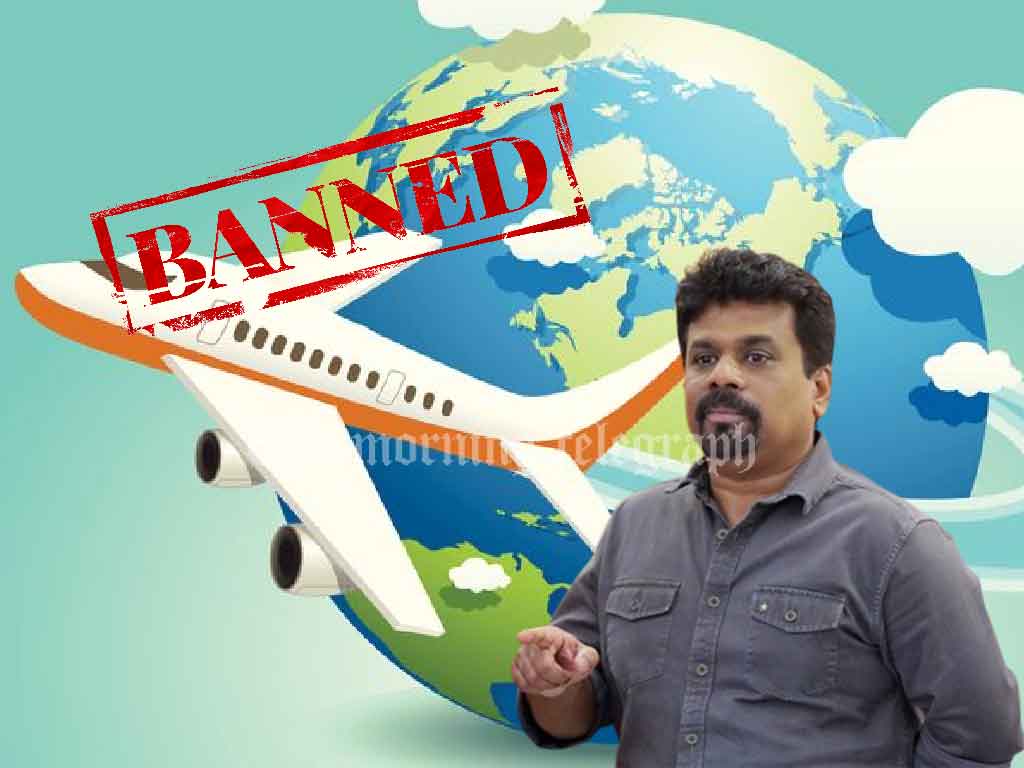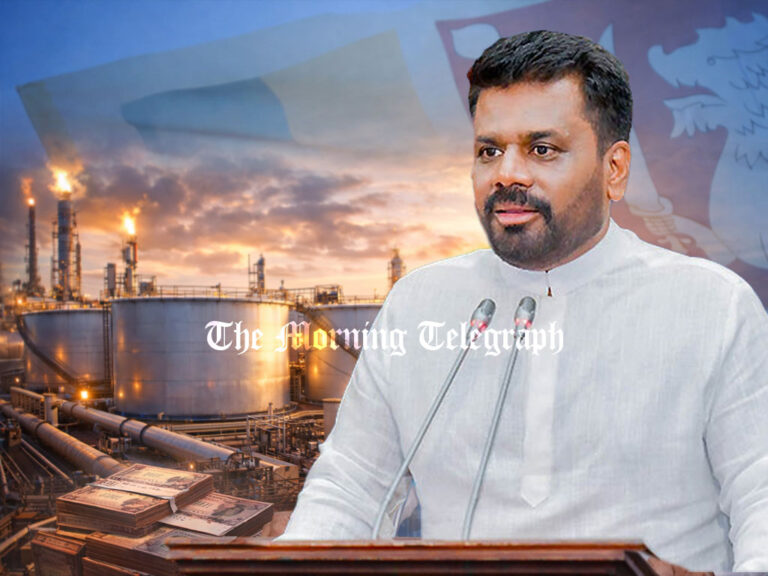
The Presidential Secretariat has issued a directive prohibiting government ministers and senior public sector officials from traveling abroad during the one-month period of the 2025 budget debate in Parliament, which is set to begin on February 17. The decision aims to ensure the full participation of key officials in discussions on the Appropriation Bill and facilitate better governance during this critical period.
Secretary to the President N. S. Kumanayake has reportedly sent an official circular to all ministry secretaries and relevant officials, instructing them to refrain from undertaking both official and private foreign trips during the budget sessions. The directive extends beyond ministers to include heads of institutions, department officials, chairpersons, CEOs, and senior executives of ministries, all of whom are required to be physically present in Parliament during committee-stage budget discussions.
President Anura Dissanayake, who also serves as Minister of Finance, will present the first budget under the National People’s Power (NPP) government to Parliament on February 17 at 9:30 a.m.. The second and third readings of the Appropriation Bill will commence on February 18, with debates scheduled to continue until March 21.
The second reading debate on the budget will run from February 18 to 25, followed by the committee-stage debate from February 27 to March 21, during which detailed discussions on individual ministries’ allocations and financial planning will take place.
To manage diplomatic responsibilities during this period, the Ministry of Foreign Affairs has been directed to facilitate representation at international events through Sri Lankan embassies and missions abroad when necessary. This ensures that critical international engagements are still maintained without requiring the absence of ministers or key officials from domestic governance.
The decision reflects the government’s commitment to fiscal discipline and accountability, emphasizing that all top officials must prioritize domestic governance and financial planning during this crucial phase of budgetary discussions.




